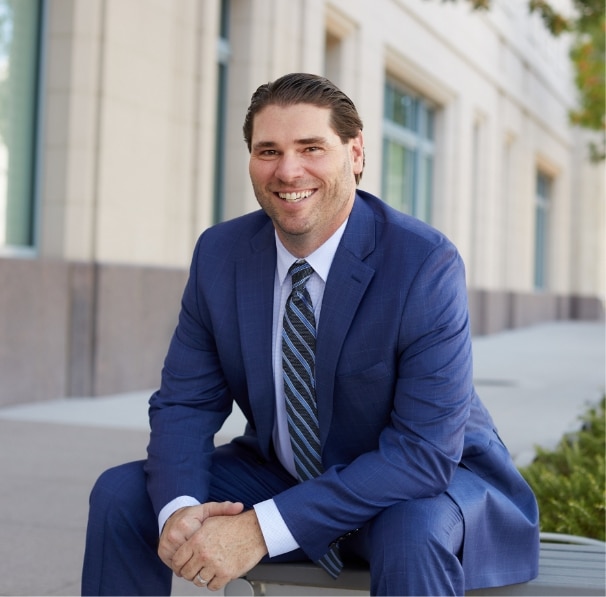Hawaii is not a true “no-fault” state for car accidents, but it does have a no-fault system for certain aspects of car insurance. Let’s explore in detail how Hawaii’s car insurance system works and how it differs from traditional no-fault states.
Table of Contents
Toggle
Hawaii’s No-Fault Car Insurance System
Hawaii follows a “no-fault” system for Personal Injury Protection (PIP) insurance coverage. Regardless of car accident fault in Hawaii, each driver’s insurance company is responsible for covering their own medical expenses and those of their passengers, up to the policy limits.
PIP Coverage in Hawaii
Under Hawaii law, all motor vehicle owners are required to carry Personal Injury Protection (PIP) coverage. PIP insurance covers medical expenses, lost wages, and essential services related to injuries sustained in a car accident, regardless of who caused the collision.
The minimum PIP coverage requirements in Hawaii are as follows:
1. Medical Benefits: $10,000 per person per accident
2. Work Loss Benefits: 85% of net income loss and reasonable expenses for services for three years after the accident, up to $1000 per month
What Hawaii’s No-Fault System Covers
The PIP coverage in Hawaii typically covers the following:
Medical Expenses: PIP insurance pays for medical treatment related to the injuries sustained in a car accident. This includes hospitalization, doctor visits, surgeries, medications, and other necessary medical care.
Lost Wages: If the injured party is unable to work due to the car accident injuries, PIP insurance may provide partial wage replacement. The coverage helps to compensate for the income lost during the recovery period.
Essential Services: PIP insurance may cover expenses for services such as housekeeping or childcare that the injured party cannot perform due to their injuries.
The Limitations of Hawaii’s No-Fault State System
While Hawaii has a no-fault system for PIP insurance, this only covers economic damages related to medical expenses, lost wages, and essential services. For non-economic damages, such as pain and suffering, emotional distress, and loss of enjoyment of life, injured parties cannot generally pursue claims against the at-fault driver unless their injuries meet a specific “serious injury” threshold.
The “Serious Injury” Threshold in Hawaii
In Hawaii, injured parties are allowed to step outside the no-fault system and pursue a claim against the at-fault driver for non-economic damages if their injuries meet the “serious injury” threshold. According to Hawaii Revised Statutes § 431:10C-306, a “serious injury” is defined as:
Permanent Loss of Use of a Body Organ, Member, Function, or System: This may include the loss of a limb, loss of vision, or permanent impairment affecting a vital bodily function.
Permanent Serious Disfigurement: This refers to disfigurement or scarring that significantly impacts the individual’s appearance and is considered permanent.
Significant Impairment: A significant impairment is an injury that substantially limits a person’s ability to perform their usual activities or work-related duties.
If a car accident victim’s injuries meet the “serious injury” threshold, they may be eligible to pursue a personal injury lawsuit against the at-fault driver to seek compensation for non-economic damages, in addition to economic damages covered by PIP insurance.
Comparative Negligence in Hawaii
Hawaii follows a modified comparative negligence rule when determining liability in car accidents. Under this rule, an injured party can still recover damages from the at-fault driver even if they were partially responsible for the accident. However, the amount of compensation they receive will be reduced by their percentage of car accident fault in Hawaii.
For example, if the injured party is found to be 20% at fault for the accident and the total damages are $100,000, they will be able to recover $80,000 ($100,000 – 20% = $80,000).
Hawaii is not a true no-fault state for car accidents, but it does have a no-fault system for Personal Injury Protection (PIP) insurance coverage. The PIP insurance covers medical expenses, lost wages, and essential services related to injuries sustained in a car accident, regardless of fault. However, the no-fault system has limitations, and injured parties may pursue claims against the at-fault driver for non-economic damages if their injuries meet the “serious injury” threshold. If you are involved in a car accident in Honolulu, it is essential to understand your rights and hire a Hawaii personal injury lawyer to help you navigate the state’s complicated car insurance system and ensure you receive fair compensation for your injuries and damages.





